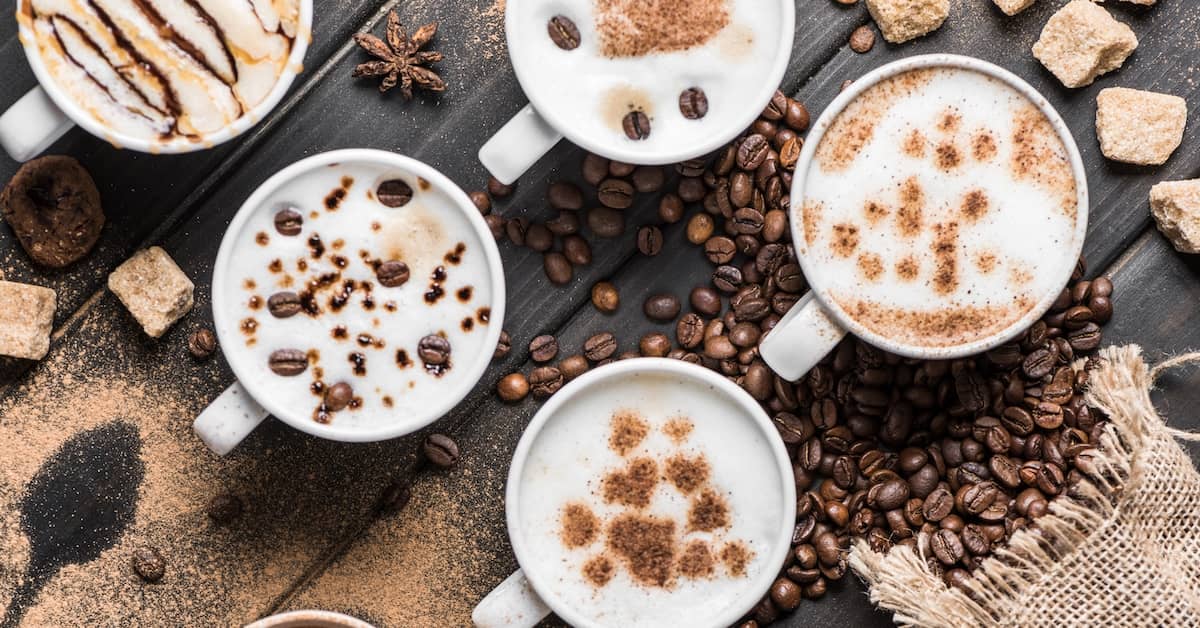
But you can also take the easy way out if you’re so inclined and still improve your odds of a long life.
Here are some easy tips to potentially add years to your life without making a commitment to huge changes in your daily routine. And studies show these low-effort methods work. . .
Want an unusual, but simple way to join the centenarian crowd?
Indulge in hot peppers.
No, I’m not kidding. Researchers at the Larner College of Medicine at the University of Vermont say that consuming hot red chili peppers may keep you alive longer. In a study that looked at the health and life expectancy of about 16,000 Americans during a 19-year period, the Vermont scientists found that eating hot peppers lowered the chances of dying by 13 percent.1 And we have confirmation: Another dietary study – performed in China – also showed that spicy food is linked to longer survival.2 The key to the pepper’s effect on life expectancy is thought to be capsaicin, the chemical that gives peppers their hot spicy taste.
According to the researchers, capsaicin helps promote physiological mechanisms that can push your weight down, improve blood flow to the heart and keep the gut’s probiotic population happy and healthy.
Oh, and while you’re at it, wash down those peppers with coffee.
Coffee, a drink that is chock-full of antioxidants and other beneficial phytonutrients, can cut your risk of heart problems significantly according to research in Europe.
This analysis looked at the results of studies conducted between 1996 and 2013. The researchers found that coffee drinkers who consumed between three and five cups of coffee a day had, on average, a 21 percent lowered risk of dying from heart disease than non-coffee drinkers.3
Protects Against a Range of Diseases
Another life-extending benefit of coffee, according to a five-year study in France, is that for people infected with both human immunodeficiency virus (HIV) and hepatitis C virus (HCV) the beverage lowers the risk of dying from cancer, liver disease and cardiovascular complications. And during the five years of the research, drinking at least three cups of coffee daily cut the risk of dying (from any cause) in half.4 Other low-energy ways to boost your life expectancy include:- Let your lawn grow more: Don’t cut your grass so often. And don’t obsess about weeds. Research at Harvard shows that having more vegetation around your house increases longevity.5 I would vote for flowers and shrubs over weeds, but you make the call for your house.
- You can sit all day, but keep fidgeting and stand up every half hour. If you spend most of the day in a chair, you only have to get up about every half an hour for a few minutes to offset most of the negative effects of sitting. Also, merely tapping your toes or fidgeting can offset some of the blood-flow stagnation that sets in after too much sitting.6
- Walk a little bit every day, but you don’t have to do much. A study by researchers at the American Cancer Society shows that merely walking 17 minutes a day expands life expectancy by a significant amount.7
- Stay on the couch and leave the beer in the fridge. Studies of how alcohol intake affects life expectancy are controversial, but any amount of drinking increases your cancer risk. So take the lazy way out. Don’t get up to get a drink. Leave the beer in the refrigerator. Research in Ireland shows that if you want to live longer, the safest amount of alcohol is less than one drink a day.8
- And while you’re vegging out on the couch, daydream about how happy you are with what you’ve got. A study in California shows that greater life satisfaction in adults older than 50 years of age is related to increased longevity.9
- https://www.ncbi.nlm.nih.gov/pmc/articles/PMC5222470/
- https://www.ncbi.nlm.nih.gov/pubmed/26242395/
- https://www.ncbi.nlm.nih.gov/pubmed/25156996
- https://www.ncbi.nlm.nih.gov/pubmed/29104123
- https://ehp.niehs.nih.gov/doi/10.1289/ehp.1510363
- https://www.ncbi.nlm.nih.gov/pubmed/27233765
- https://www.ncbi.nlm.nih.gov/pubmed/29056372
- https://www.ncbi.nlm.nih.gov/pubmed/29920516
- https://www.ncbi.nlm.nih.gov/pubmed/29800769
